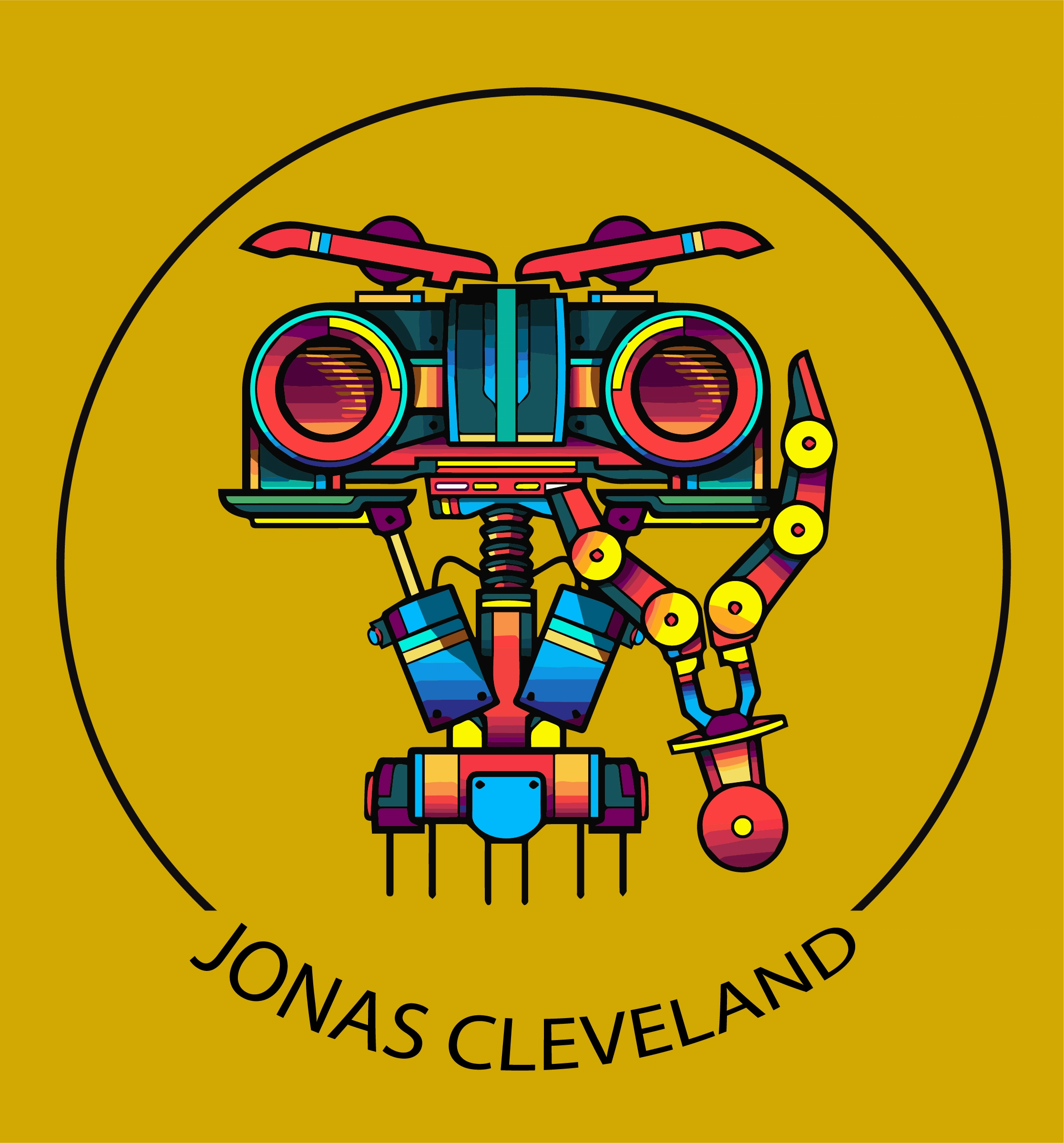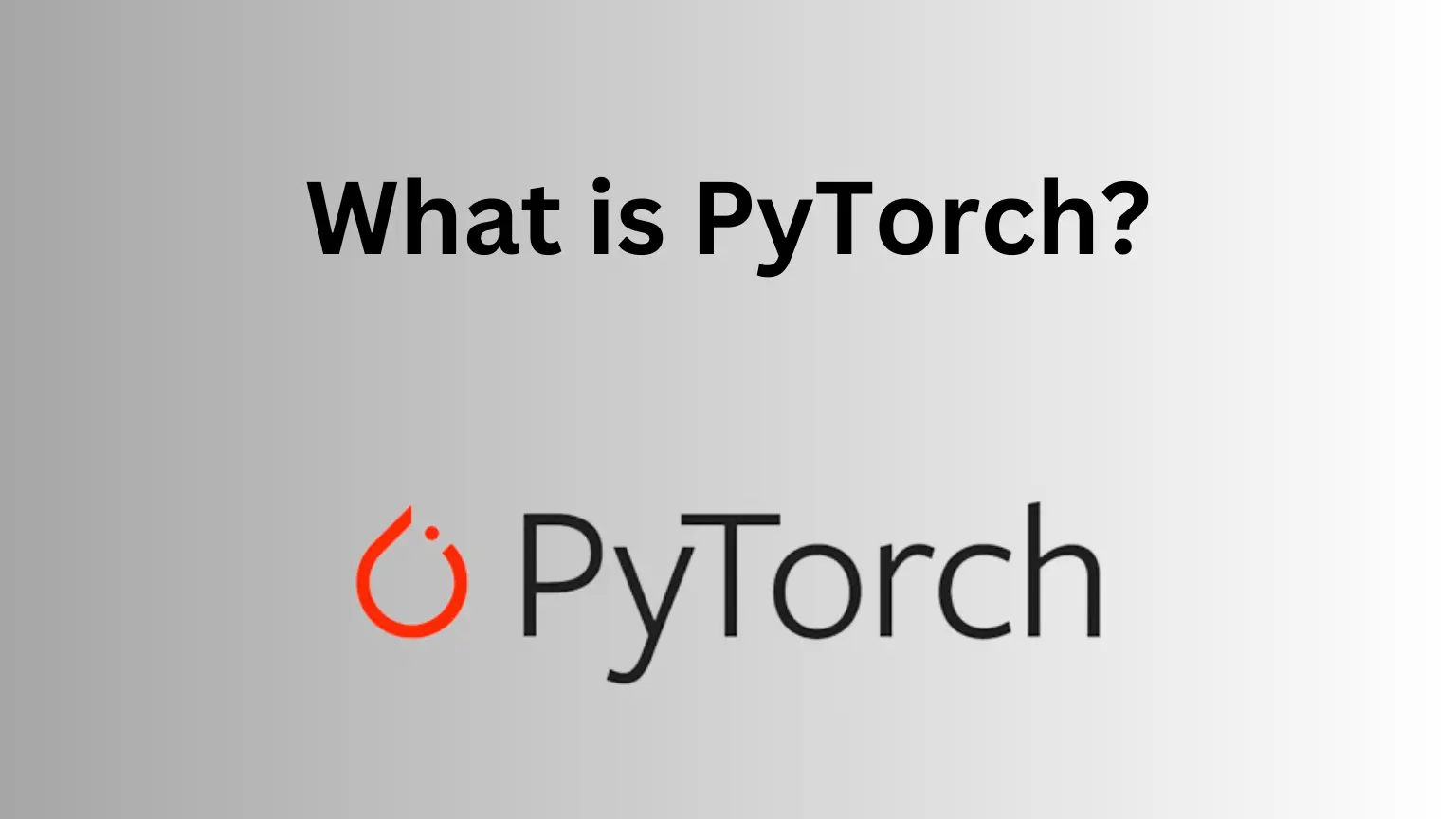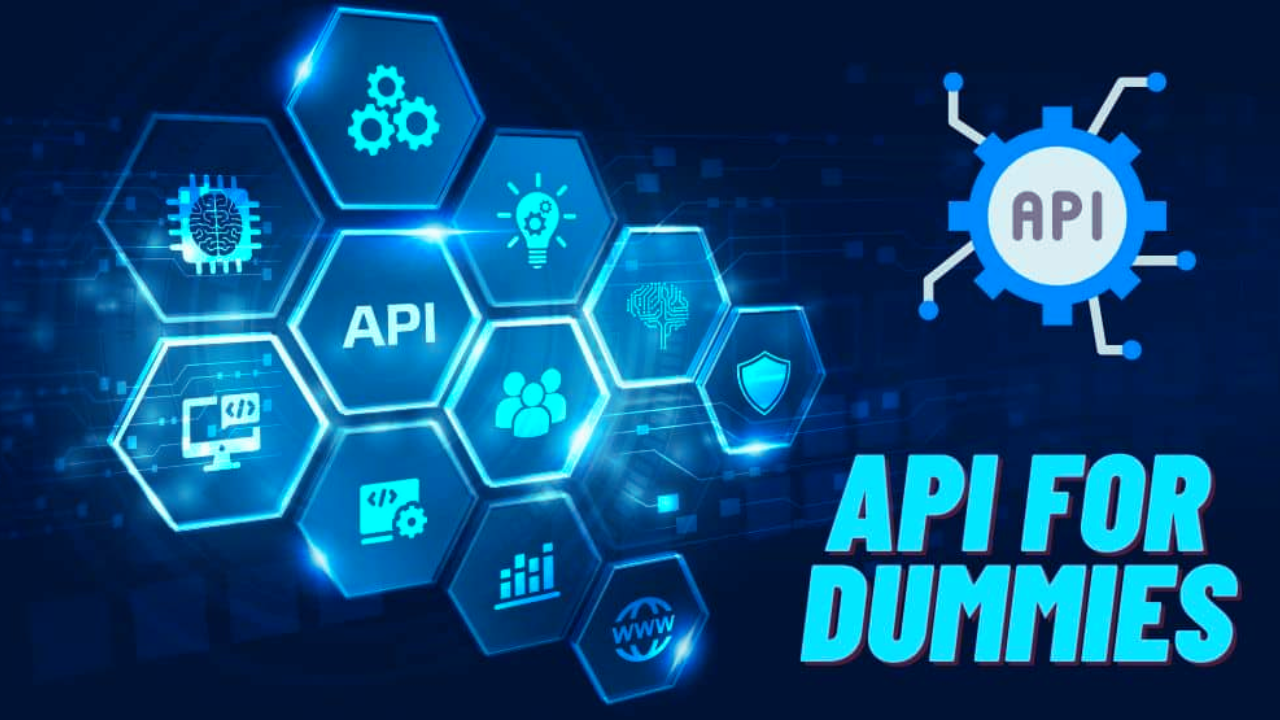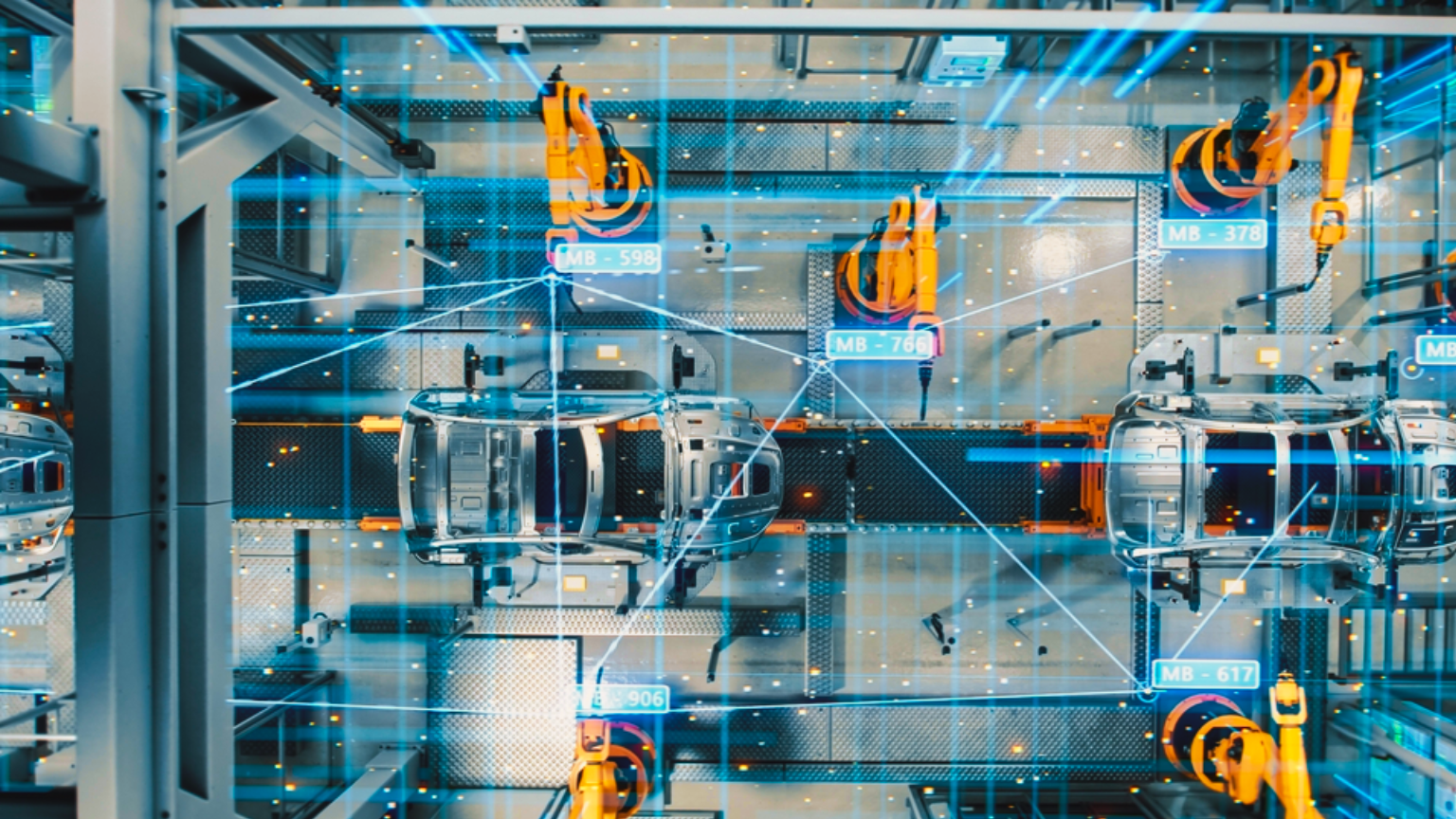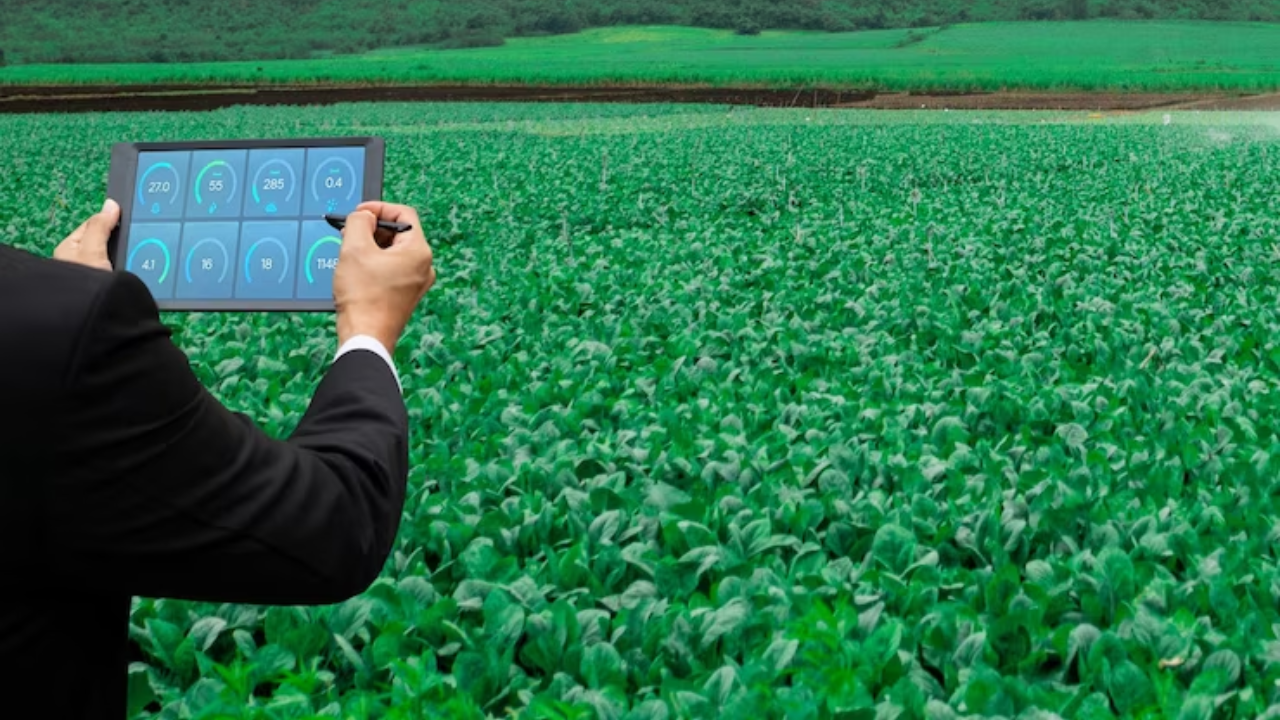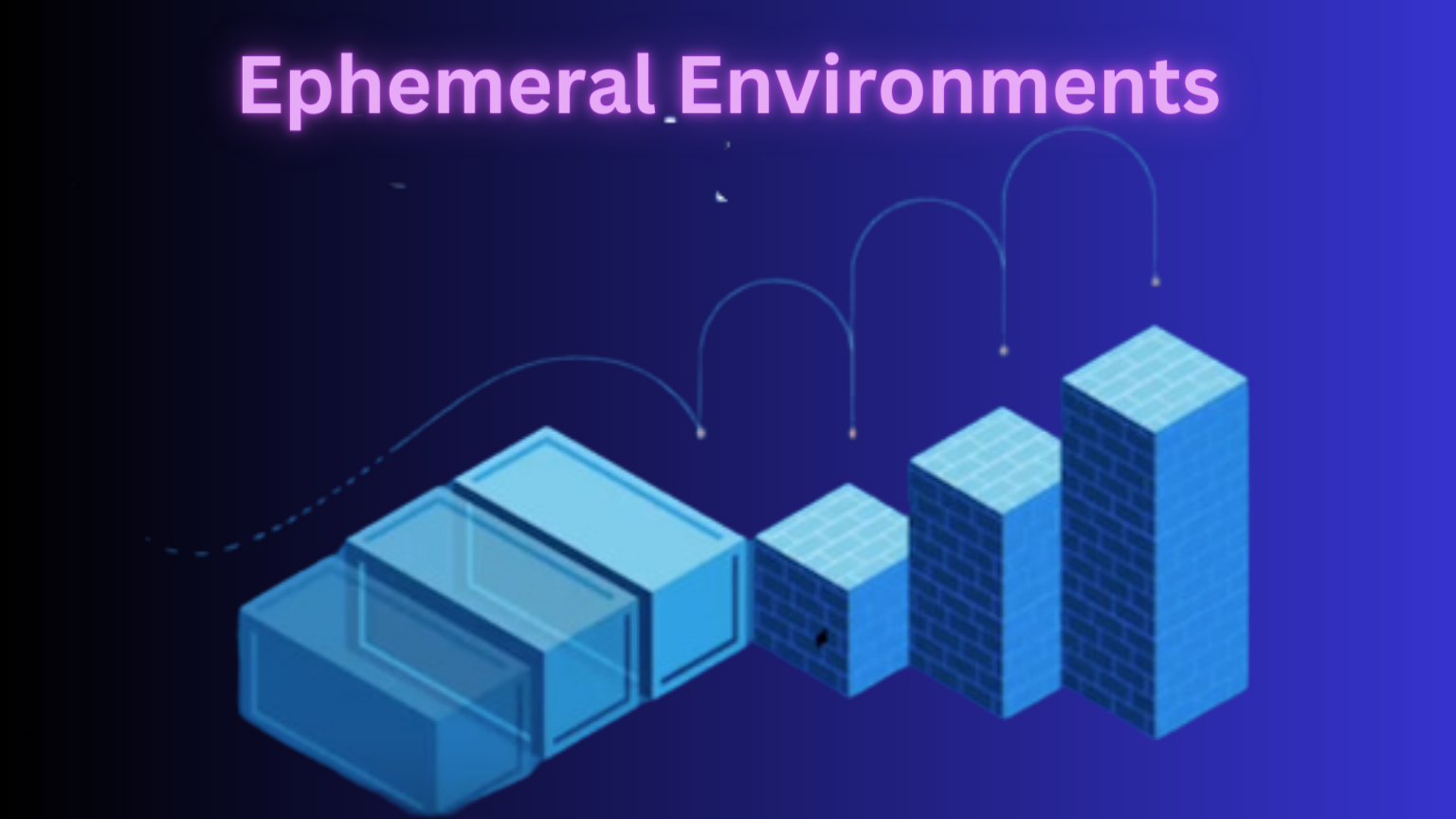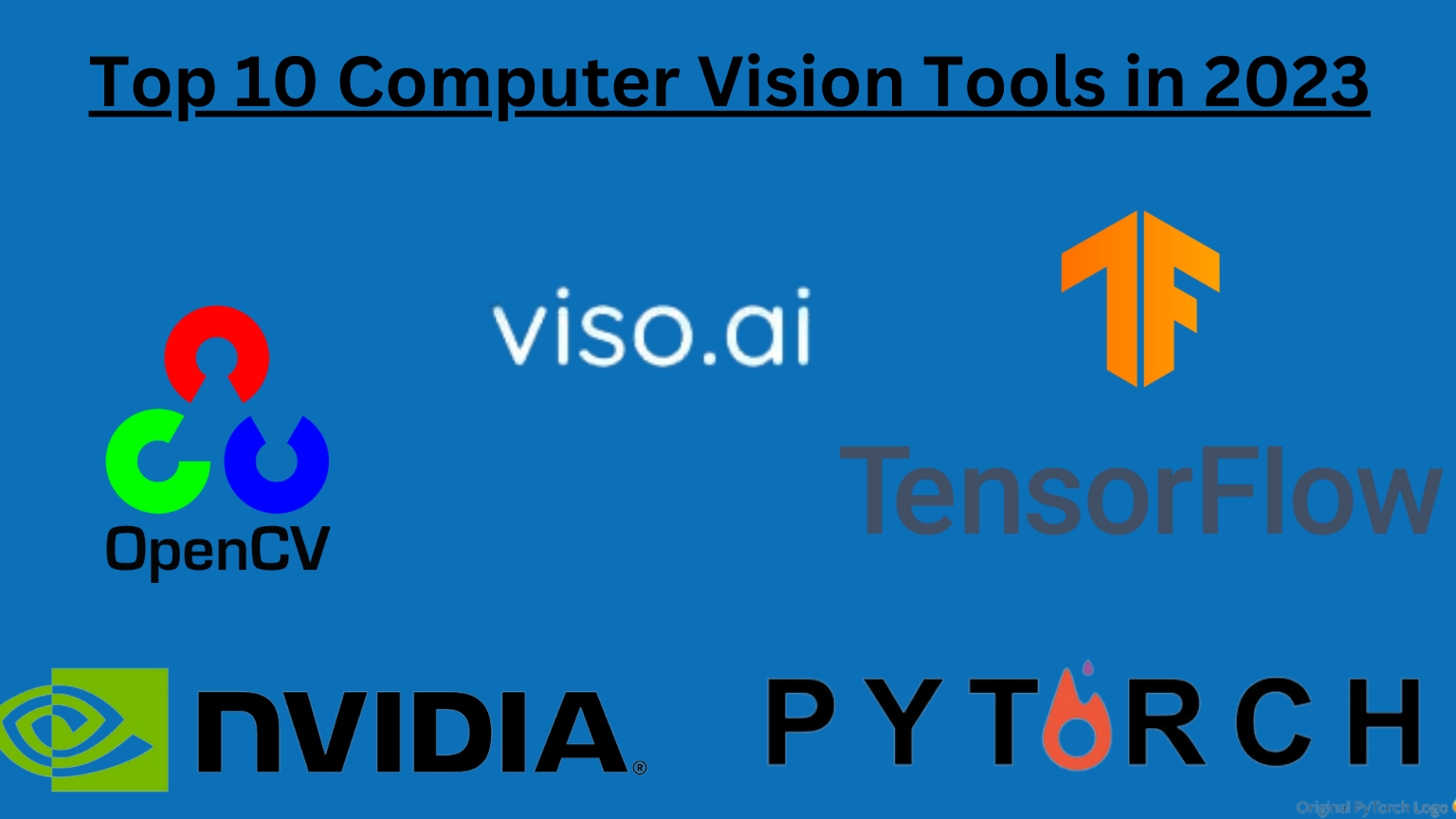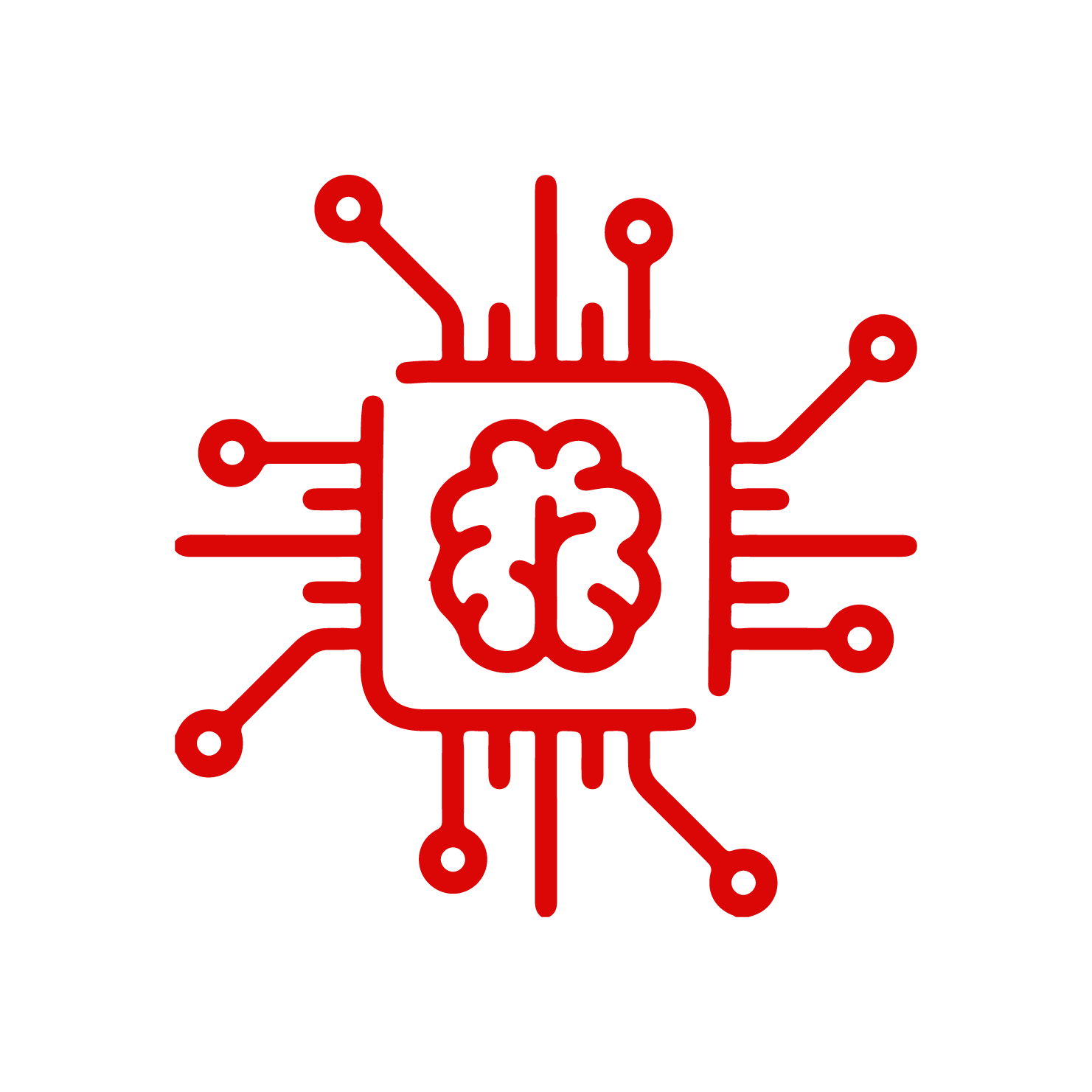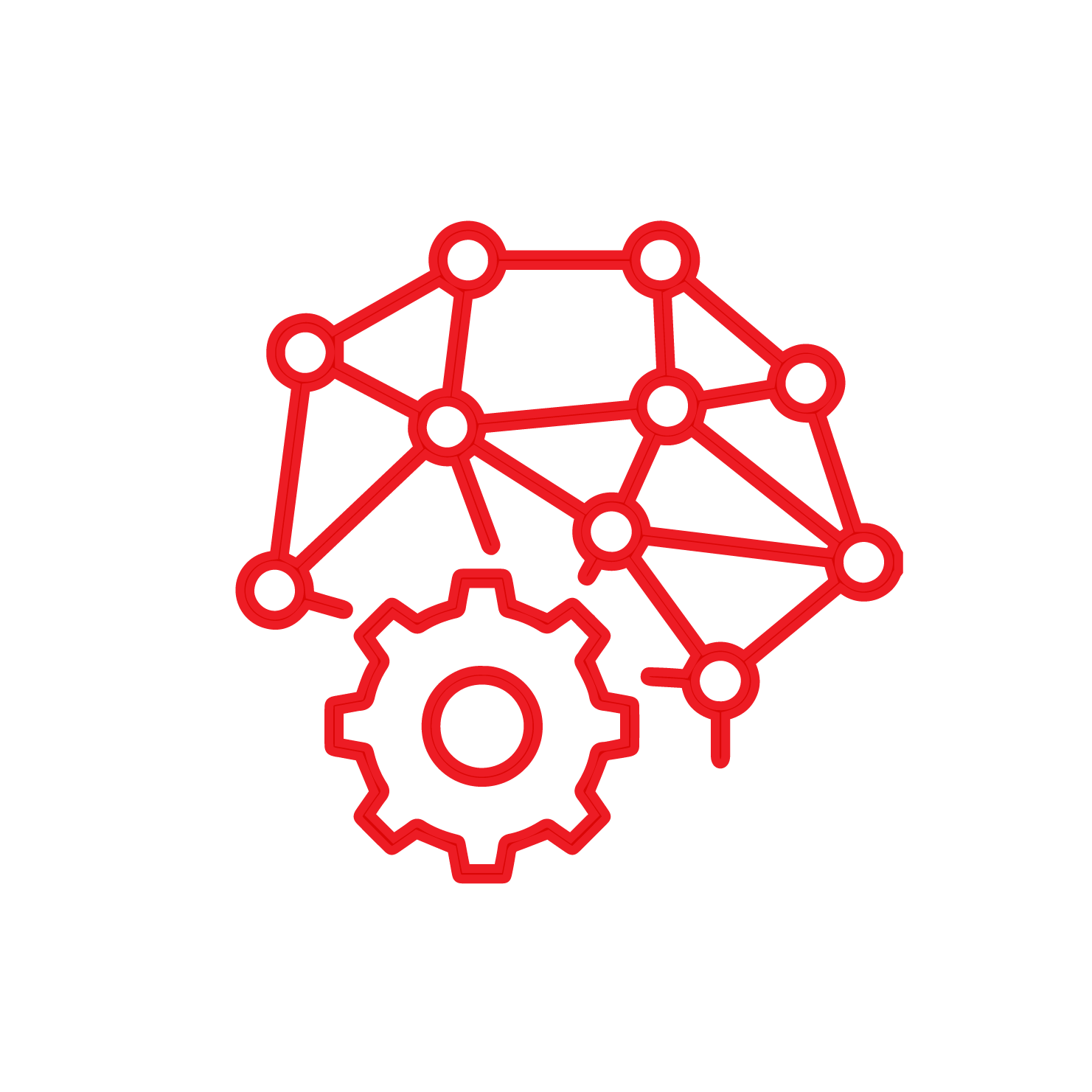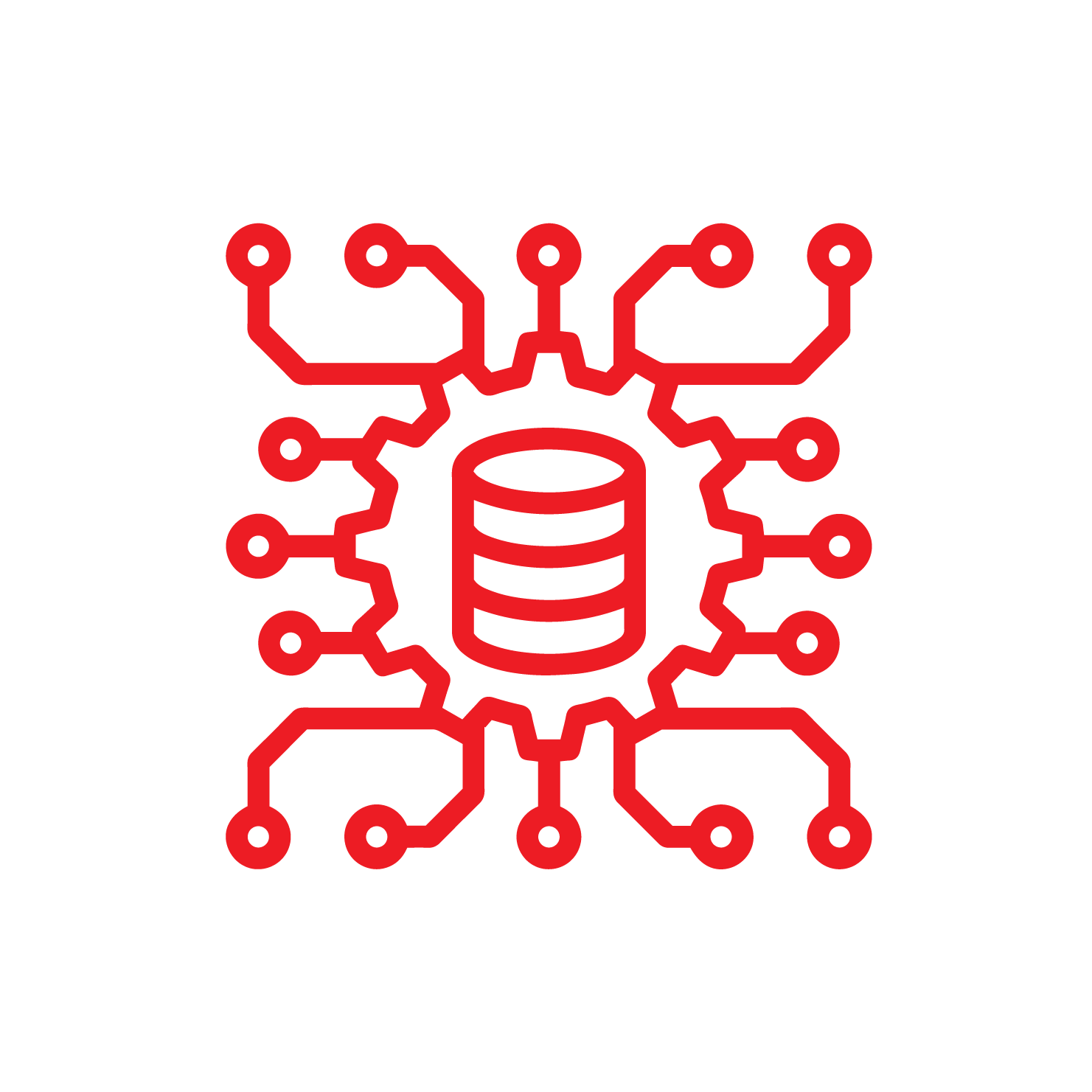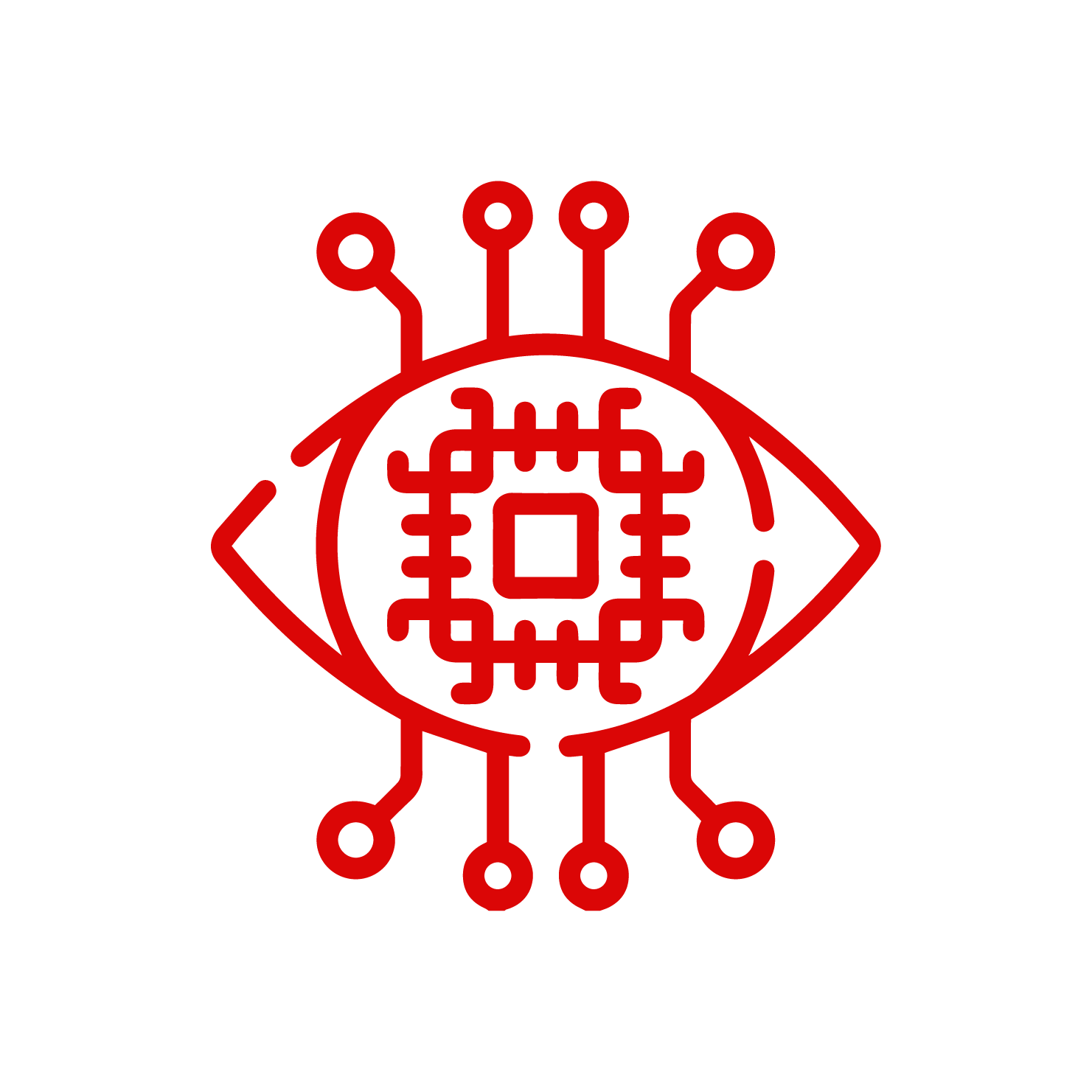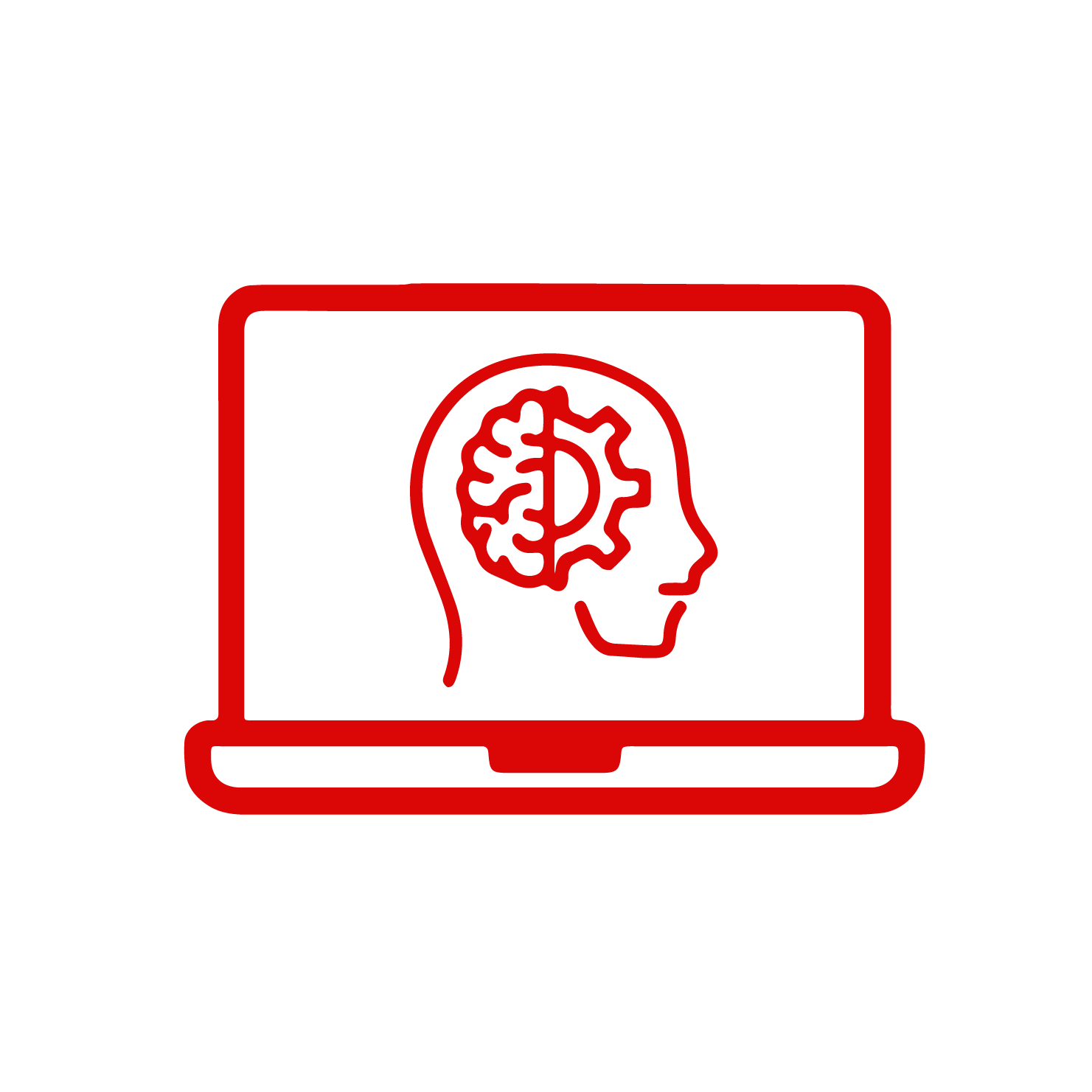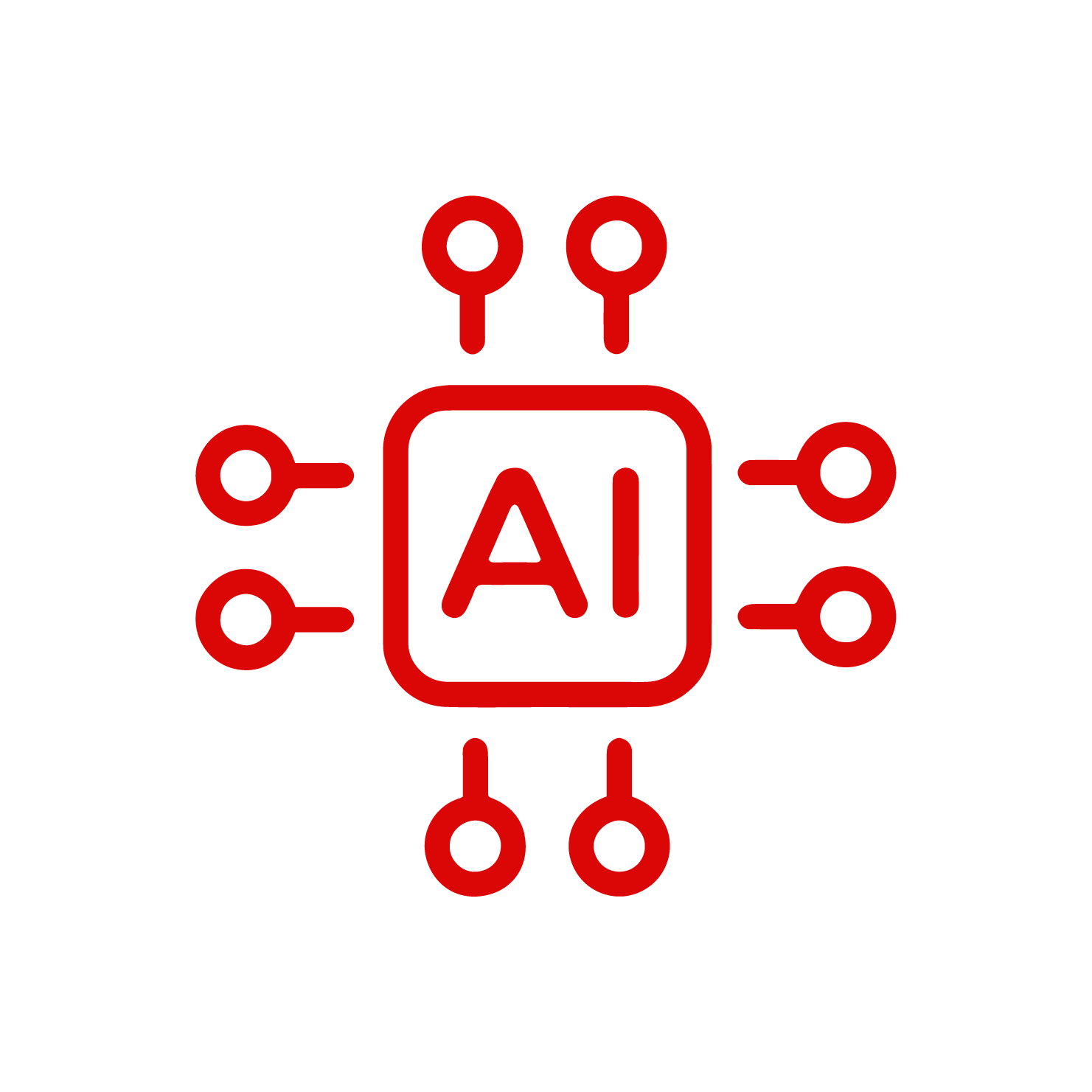Computer vision is a rapidly growing field that is transforming various industries, from healthcare to retail. With the help of artificial intelligence and machine learning, computer vision startups are developing innovative solutions that can analyze and understand images on an advanced level. In this article, we will explore the top 10 computer vision startups, along with their unique offerings and potential impact on the industry.
Introduction to Computer Vision Startups
Computer vision is a subset of artificial intelligence that focuses on enabling machines to interpret and understand visual data from the world around them. This technology has numerous applications, including object recognition, facial recognition, and image analysis. Computer vision startups are leveraging this technology to develop innovative solutions that can improve efficiency, accuracy, and safety in various industries.
CES 2023 | When will robots take over the world?
Top 10 Computer Vision Startups
1. Deep 6 AI

Deep 6 AI is a healthcare startup that uses computer vision to analyze medical images and identify patients who may be eligible for clinical trials. Their platform can analyze millions of medical records in seconds, enabling healthcare providers to identify potential candidates for clinical trials more quickly and accurately.
2. Freenome
Freenome is a biotechnology startup that uses computer vision to analyze blood samples and detect early signs of cancer. Their platform can analyze millions of data points in real-time, enabling healthcare providers to detect cancer at an earlier stage and improve patient outcomes.
3. Zebra Medical Vision
Zebra Medical Vision is a medical imaging startup that uses computer vision to analyze medical images and identify potential health risks. Their platform can analyze X-rays, CT scans, and MRIs, enabling healthcare providers to detect potential health risks more quickly and accurately.
4. Tractable
Tractable is an insurance technology startup that uses computer vision to analyze images of damaged vehicles and estimate repair costs. Their platform can analyze images in real-time, enabling insurance providers to process claims more quickly and accurately.
5. ViSenze
ViSenze is a visual search and image recognition startup that uses computer vision to enable visual commerce. Their platform can analyze images and identify products, enabling retailers to provide personalized recommendations to customers and improve the shopping experience.
6. Pearl
Pearl is a dental technology startup that uses computer vision to analyze radiographs and detect dental issues, such as bone loss and decay. Their platform can provide real-time alerts to dentists, enabling them to provide more accurate and efficient dental care.
7. NEXT Future Transportation
NEXT Future Transportation is a transportation technology startup that uses computer vision to develop modular electric vehicles. Their vehicles can join with other modules while in motion, enabling passengers to move more freely and reducing traffic and travel costs.
8. Cognitivescale
Cognitivescale is an enterprise AI startup that uses computer vision to develop intelligent automation solutions for various industries, including finance, healthcare, and retail. Their platform can analyze data and provide insights to help businesses make more informed decisions.
9. Clarifai
Clarifai is a visual recognition startup that uses computer vision to analyze images and videos. Their platform can identify objects, people, and scenes, enabling businesses to automate various tasks, such as content moderation and product recommendations.
10. Neurala
Neurala is an AI software startup that uses computer vision to develop intelligent robots for various industries, including manufacturing, inspection, and security. Their platform can analyze visual data in real time, enabling robots to perform complex tasks more efficiently and accurately.
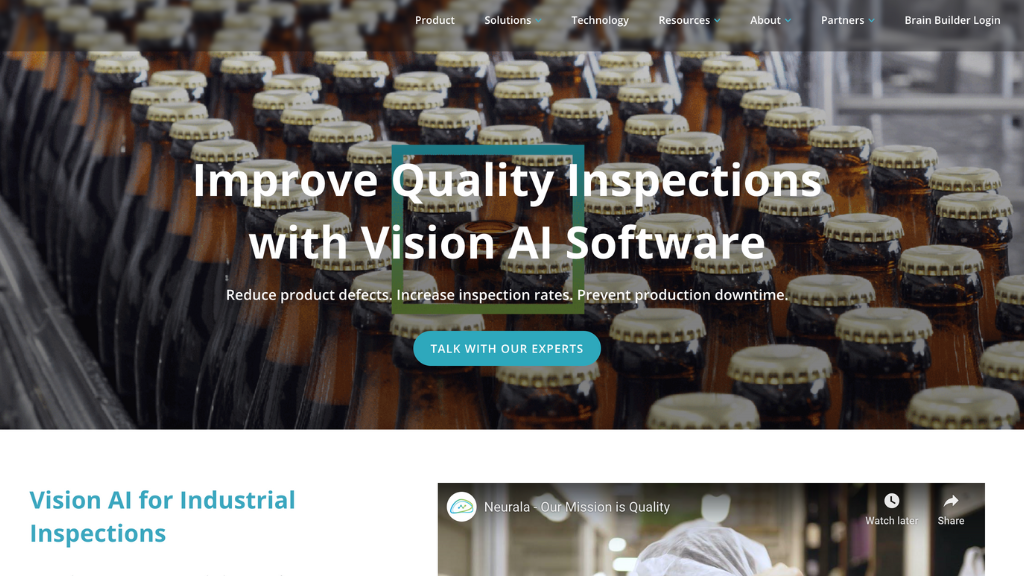
Potential Impact of Computer Vision Startups
Computer vision startups are transforming various industries with their innovative solutions that can analyze and understand visual data on an advanced level. From healthcare to transportation, these startups are leveraging artificial intelligence and machine learning to improve efficiency, accuracy, and safety. As the field of computer vision continues to evolve, we can expect to see even more exciting developments from these startups in the years to come.
CES 2023 Robotics Innovation Awards | Best New Robot Ventures
Conclusion
Computer vision startups are developing innovative solutions that can transform various industries, from healthcare to retail. With the help of artificial intelligence and machine learning, these startups are leveraging visual data to improve efficiency, accuracy, and safety. The top 10 computer vision startups listed in this article are just a few examples of exciting developments in this field. As technology continues to evolve, we can expect to see even more innovative solutions from these startups and others in the years to come.
